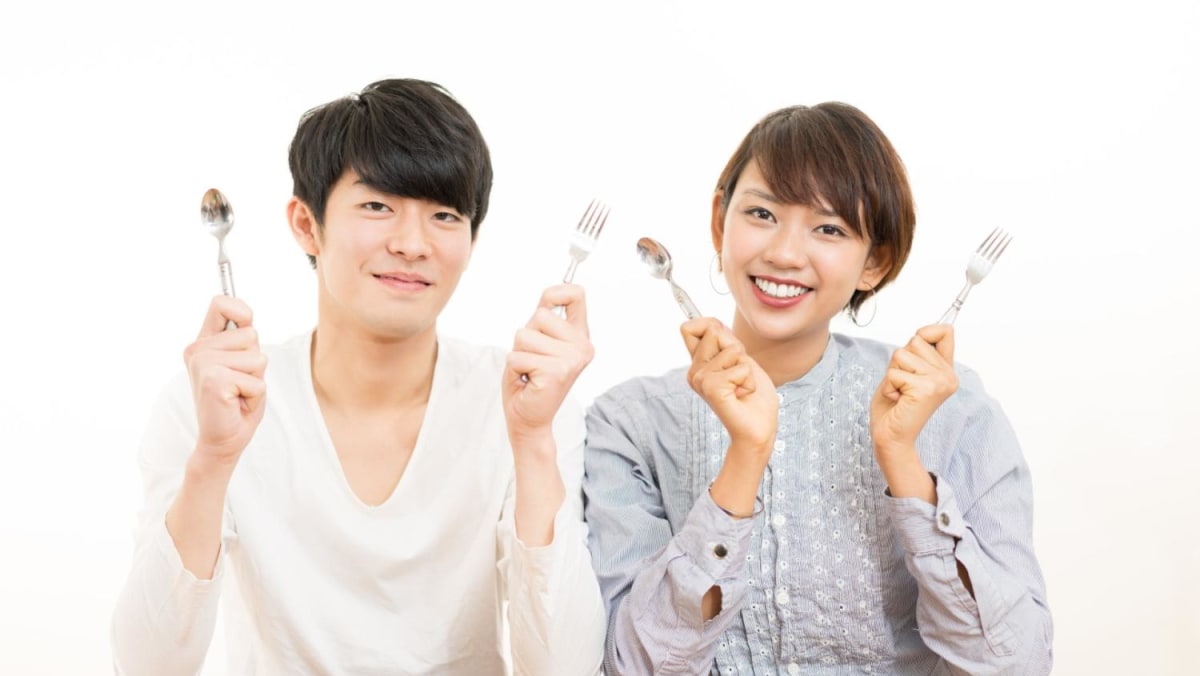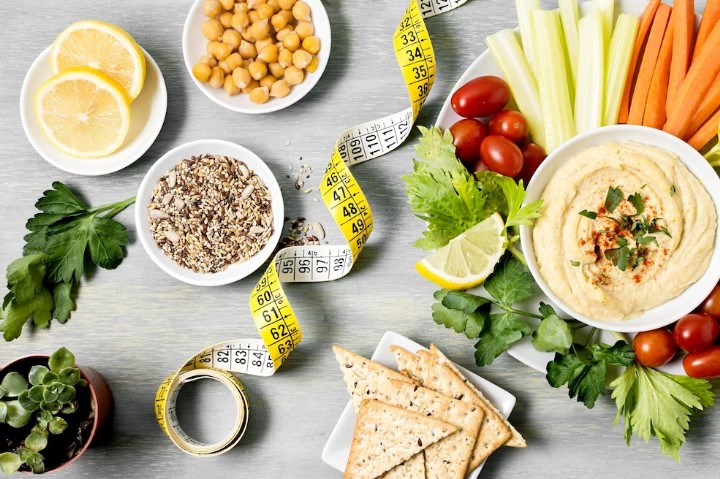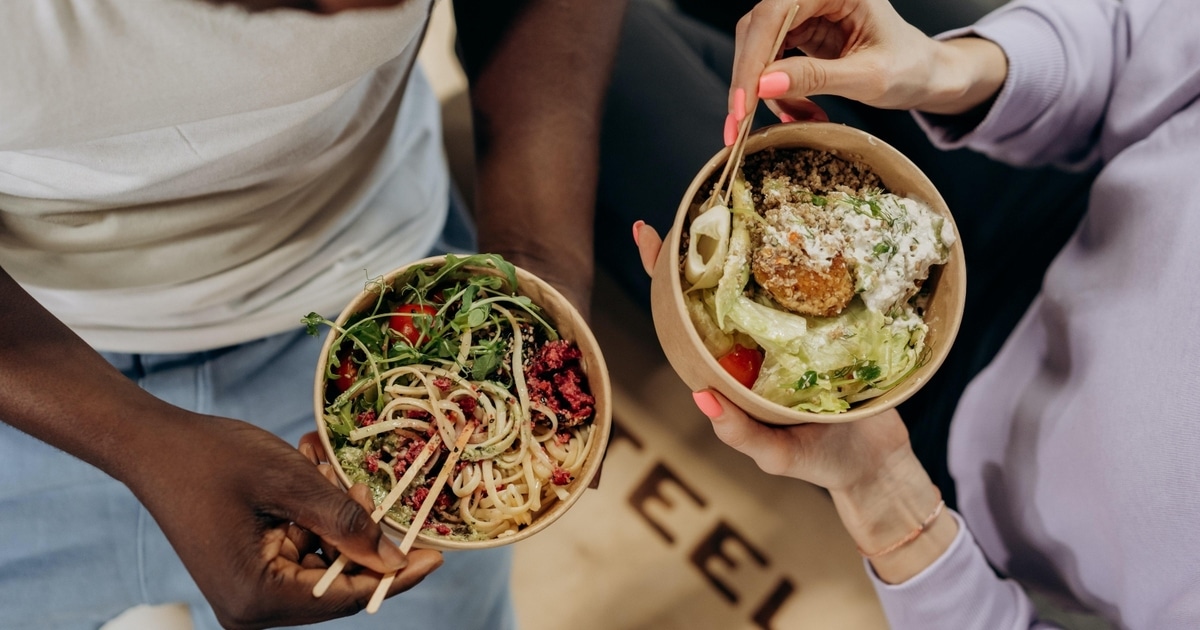
SINGAPORE — With social events back in swing during the festive season, eating more than usual is a given. However, food guilt can add negativity and stress to an otherwise joyful occasion.
If you feel bad after a meal and think, “I shouldn’t have eaten that” or “Why did I indulge so much today”, you may be experiencing food guilt.
This is the feeling of having done something wrong over what you have consumed, particularly if the food is deemed unhealthy.
Principal dietitian Bibi Chia from Raffles Diabetes and Endocrine Centre believes that such negative feelings about food is prevalent among adults in Singapore.
Citing a study on disordered eating patterns done here on almost 800 adults aged 21 to 77, Ms Chia said that around 6 per cent of the adults screened positive for a current clinical eating disorder and more than a third (37 per cent) had other feeding or eating disorders.
About a fifth (19.5 per cent) were at high risk of developing one.
The study was published last year in the International Journal of Eating Disorders.
“Our relationship with food is complicated and it is built from a young age,” Ms Chia said.
Childhood experiences of food can shape how people think and feel about food and what they eat.
For example, research published in the Journal of Academy of Nutrition and Dietetics in 2010 found that when parents restricted children’s access to palatable snack foods, they are more likely to consume those restricted foods even if they were not hungry but also experience negative feelings about it.
This holiday season, manage food guilt and be at peace when sharing meals with loved ones.
Check out the following tips from Ms Chia, as well as Ms Melody Chong, a health coach in private practice.
WHY FOOD GUILT IMPAIRS YOUR HEALTH GOALS
Feeling guilty about eating that extra slice of cake or serving of pudding is unlikely to motivate you to eat better.
It is more likely to do the opposite.
For example, people who associate chocolate cake with guilt rather than celebration were more likely to feel that their eating was out of control and were less confident about eating healthier in the future.
This was from a study published in Appetite, an international research journal specialising in cultural, social, psychological, sensory and physiological influences on food.
Those who reported having food guilt were also less likely to lose weight over a three-month period. They had difficulty maintaining weight over 18 months.
HOW TO BEAT FOOD GUILT
Even if you are on a healthy diet plan, there is no reason why you cannot enjoy festive treats or snacks without feeling bad about it.
Just eat them less frequently and in smaller quantities.
Or simply buy less of these foods so that there are fewer visual cues reminding you to snack — out of sight, out of mind.
Eating a bag of chips may seem “unhealthy” to some people, but there are chips made of healthier oils, Ms Chia said.
When eating or snacking, it can be done healthily when you take into account “what”, “when” and “how much”.
This is better than restricting yourself and then later indulging in greater amounts when temptations arise.
A snack under 100 to 150 calories between meals should suffice.
You should also try to limit intake of processed food.








